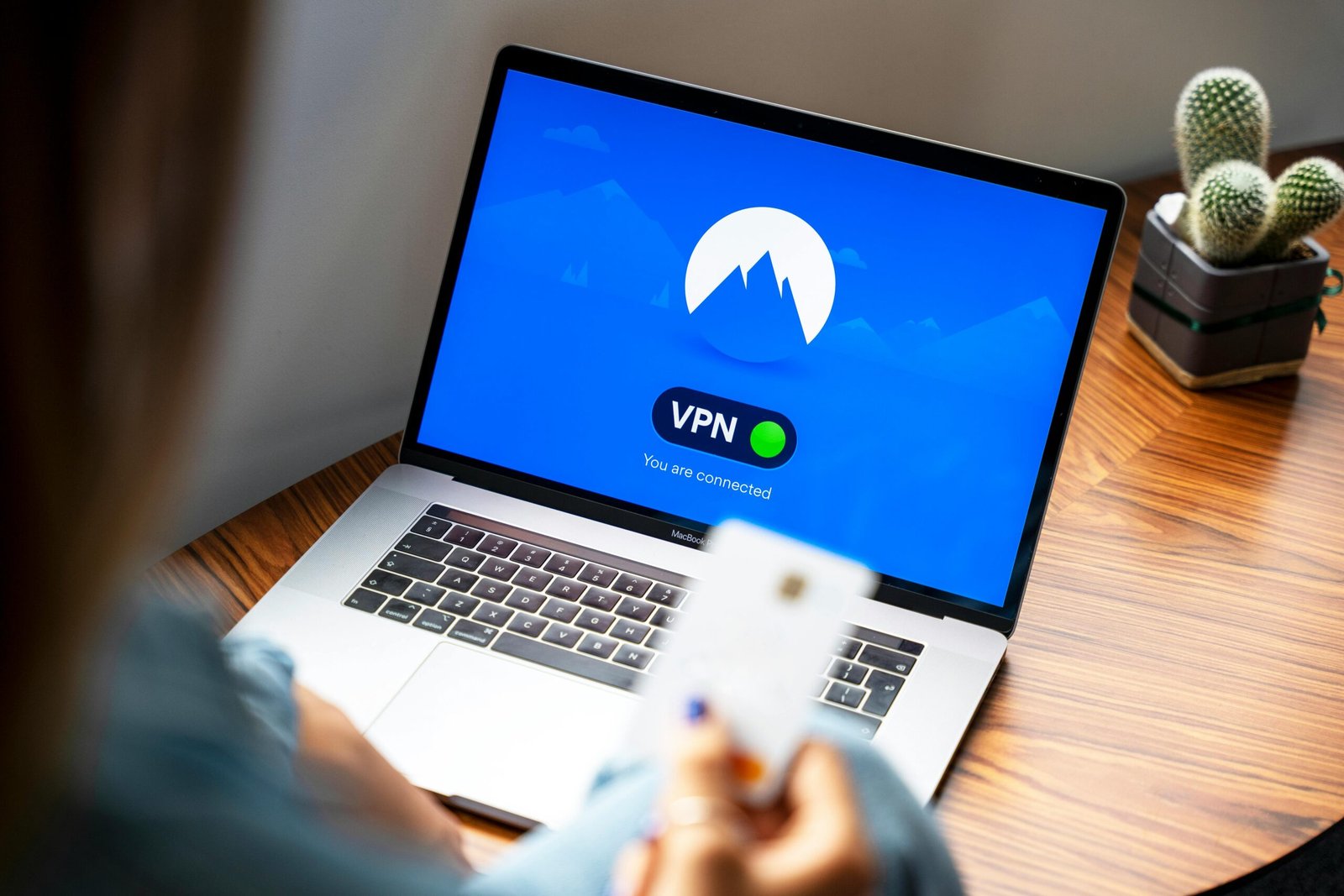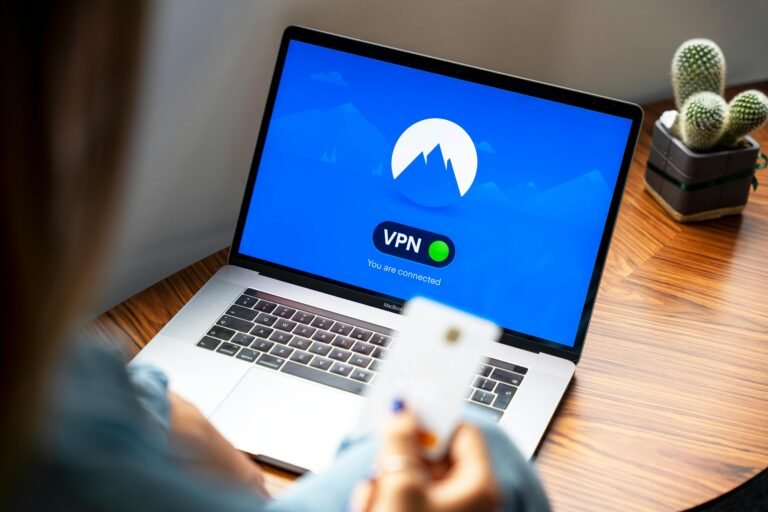Cybersecurity Bootcamps
As cyber threats continue to evolve, the demand for skilled cybersecurity professionals is at an all-time high. Cybersecurity bootcamps offer an accelerated pathway to gaining the essential skills and knowledge needed to thrive in this dynamic field. This guide explores the benefits of cybersecurity bootcamps, what they entail, and how to choose the best bootcamp to kickstart or advance your career in cybersecurity.
Why Choose a Cybersecurity Bootcamp?
- Accelerated Learning: Cybersecurity bootcamps are designed to provide intensive, focused training in a short period. Unlike traditional degree programs, bootcamps typically last a few months, allowing you to quickly acquire practical skills and knowledge.
- Hands-On Experience: Many bootcamps emphasize practical, hands-on learning through real-world simulations and projects. This hands-on approach helps you develop the technical skills necessary to handle real-life cybersecurity challenges.
- Career Transition: Cybersecurity bootcamps are ideal for individuals looking to transition into a cybersecurity career from another field. They provide a comprehensive introduction to cybersecurity concepts and practices, making it easier to enter the industry.
- Industry-Relevant Curriculum: Bootcamps often align their curriculum with current industry standards and practices. You’ll learn about the latest tools, techniques, and threats, ensuring that your skills are up-to-date and relevant.
- Certification Preparation: Many cybersecurity bootcamps include preparation for industry-recognized certifications such as CompTIA Security+, Certified Ethical Hacker (CEH), and Certified Information Systems Security Professional (CISSP). Earning these certifications can enhance your credibility and career prospects.
Key Components of Cybersecurity Bootcamps
- Introduction to Cybersecurity: Gain a solid foundation in cybersecurity principles, including the CIA triad (Confidentiality, Integrity, Availability), threat landscapes, and basic security practices. This introductory knowledge sets the stage for more advanced topics.
- Network Security: Learn about network security fundamentals, including firewalls, intrusion detection systems (IDS), and network monitoring. Bootcamps provide practical training on securing network infrastructures and preventing unauthorized access.
- Ethical Hacking and Penetration Testing: Develop skills in ethical hacking and penetration testing to identify and address security vulnerabilities. Courses cover techniques for conducting vulnerability assessments and exploiting weaknesses in systems.
- Incident Response and Management: Understand the processes for responding to and managing security incidents. Training includes techniques for identifying, containing, and mitigating the impact of security breaches.
- Security Tools and Technologies: Explore various cybersecurity tools and technologies used for threat detection, analysis, and prevention. Hands-on experience with tools like Wireshark, Metasploit, and Nmap is often included.
- Real-World Simulations: Participate in real-world simulations and practical exercises to apply what you’ve learned. These simulations help build problem-solving skills and prepare you for the challenges of working in the field.
How to Choose the Right Cybersecurity Bootcamp
- Define Your Goals: Determine what you want to achieve with the bootcamp. Are you looking to gain foundational knowledge, prepare for specific certifications, or transition into a cybersecurity career? Choose a bootcamp that aligns with your goals.
- Research Bootcamp Providers: Look for reputable bootcamp providers with a track record of success. Consider options like Practical Ethical Hacking for a range of cybersecurity training programs and resources.
- Evaluate Curriculum and Format: Review the curriculum to ensure it covers essential topics and provides practical, hands-on experience. Choose a bootcamp format that fits your learning style—whether online, in-person, or hybrid.
- Check Reviews and Outcomes: Read reviews and testimonials from past students to gauge the effectiveness of the bootcamp. Success stories and positive feedback can provide insights into the bootcamp’s quality and impact.
- Consider Certification Support: If certification is a goal, select a bootcamp that offers support and preparation for certification exams. Ensure that the bootcamp’s curriculum aligns with the objectives of the certifications you’re pursuing.
External Resources
- For more information on cybersecurity bootcamps and training resources, visit Practical Ethical Hacking.
- Explore certification details and requirements on the official CompTIA website and EC-Council website.
Conclusion
Cybersecurity bootcamps offer an accelerated and practical approach to gaining essential skills in cybersecurity. By understanding key topics such as network security, ethical hacking, and incident response, you can quickly prepare for a successful career in the field. Choose a reputable bootcamp, utilize top resources, and stay updated on industry trends to maximize your learning and career advancement.
Hot Topics in Cybersecurity include essential tools and certifications that every professional should be aware of. For instance, mastering Nmap is a must for effective network scanning and vulnerability assessment. If you’re preparing for certification, the CompTIA Security+ SY0-701 course is a must-take to ensure you’re well-equipped for the exam. To enhance your preparation, utilize the SY0-701 Free Practice Exam to test your readiness. Additionally, joining the Practical Ethical Hacking Membership Levels provides valuable resources and updates to stay current in the dynamic field of cybersecurity. For further learning, explore Cybersecurity and Practical Ethical Hacker Courses on YouTube. Engaging with these must-take courses and resources will significantly boost your skills and knowledge in this critical area.


